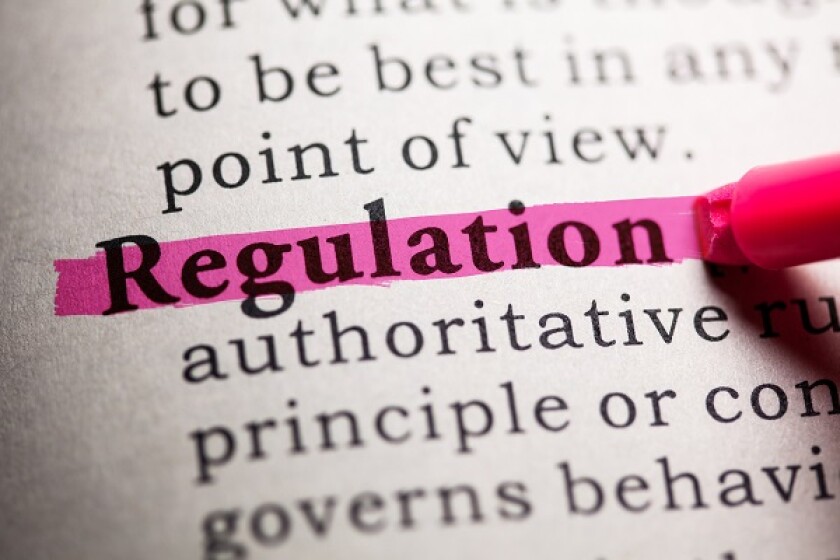The Indonesian government has established a compulsory licence framework in anticipation of a COVID-19 vaccine. The framework also applies to national defence and security patents.
On July 7 2020, Indonesian President Mr. Joko Widodo issued Presidential Regulation No. 77 of 2020 concerning Procedures for the Implementation of Patents. This is the implementing regulation of Article 120 of the Indonesian Patent Law (No. 13 Year 2016) and allows the Indonesian government to implement a patent themselves in certain circumstances; that is, a government compulsory licence.
Under Article 2 of the Presidential Regulation, the government may implement patents themselves in Indonesia in either of the following two circumstances: (a) patents relating to national defence and security; or (b) a very urgent need in the public interest. The public interest provision is believed to be strongly linked to the possible future development of a vaccine for the novel coronavirus (COVID-19).
More specifically, the regulation states that patents related to a very urgent need in the public interest involve:
pharmaceutical and/or biotechnology products which are expensive and/or required to overcome diseases that can cause sudden death in large numbers, significant disabilities, and constitute a global public health emergency;
chemical and/or biotechnology products related to agriculture that are required for food security;
animal medication that is required to overcome pests and/or highly contagious animal diseases; and/or
processes and/or products to overcome natural disasters and/or environmental disasters.
For these patents, the government has the option to implement the patent itself or, if it cannot do so, the government can appoint a third party. However, the third party must fulfil the following requirements:
third party has facilities and is capable of implementing the patent;
third party does not transfer the implementation of said patent to other parties; and
third party has a good mode of production, circulation, and supervision in accordance with legislative regulatory requirements.
For patents implemented by the government or a third party appointed by the government to meet a very urgent need in the public interest, the regulation states that the patent owner's exclusive right to the patent is still valid, which means they can also practice their patent if so desired as well as enforce their rights accordingly. Therefore, applicable annual annuities on the patent must still be paid.
On the other hand, if a patent related to national defence and security is implemented by the government itself or a third party appointed by the government, the patent owner cannot also practice the patent. As a result, they are exempted from paying applicable annual annuities for said patent.
Article 4 states that patents which can be implemented by the government relating to national defence and security include: firearms, ammunition, military explosives, interception, tapping, reconnaissance; encryption devices and password analysis devices and/or other processes and/or equipment for national defence and security.
For both categories of patents, the regulation details a formal application and examination process. If approved, the application process will culminate in the issuance and publication of a presidential regulation specific to that patent.
The regulation also states that "reasonable compensation" should be paid to the patent holder in case their patent is taken over by the government or a third party appointed by the government. The regulation does not define what constitutes "reasonable compensation" but states that the amount of compensation must be written in the corresponding presidential regulation for that patent. The party responsible for paying depends on who will implement the patent, meaning that the government must pay if they are the one who takes over patent, while a third party will be responsible for providing compensation if they are the one who is authorised and appointed to implement the patent.
Among other organisations commenting on the new regulation, the American Chamber of Commerce in Indonesia urged the Indonesian government "to use this power very sparingly and only in times of true emergency."
Finally, the regulation contains separate provisions regarding patents that interfere with or are contrary to the interests of national defence and security. These are patents that involve:
electromagnetic weapons;
explosives; and
other methods and/or equipment that interfere with or are contrary to the interests of national defence and security.
For patents involving the above, if the government has not yet or does not intend to take over implementation of that patent, the patent can only be implemented by the patent holder with government approval.

|
Wulan Mogesmiranti |
|

|
Mitha Fuji Adiati |












